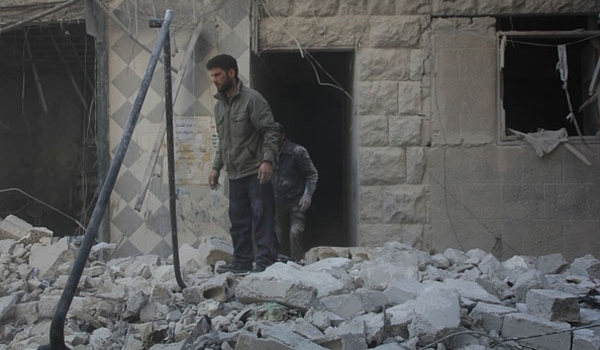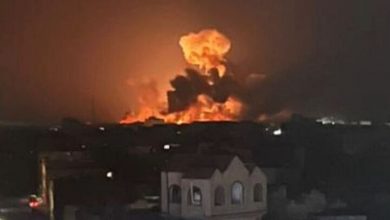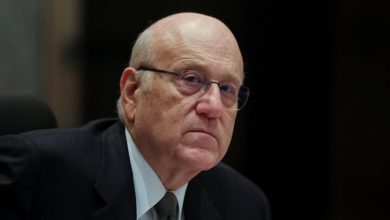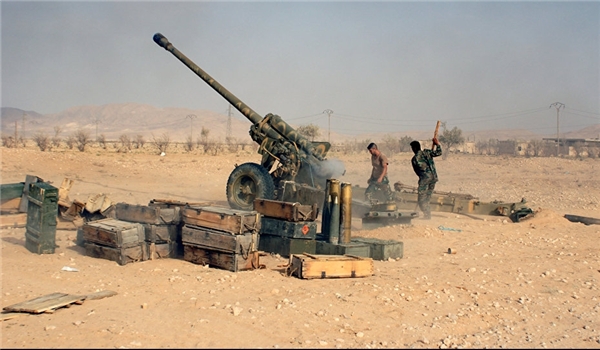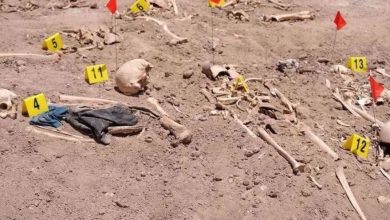US urged Killer Netanyahu to agree to a ceasefire with Lebanon, citing military failure on the battlefield
A representative from Hezbollah's Central Council, Sheikh Hasan Al-Baghdadi, stated that the organization's recent experiences have demonstrated...
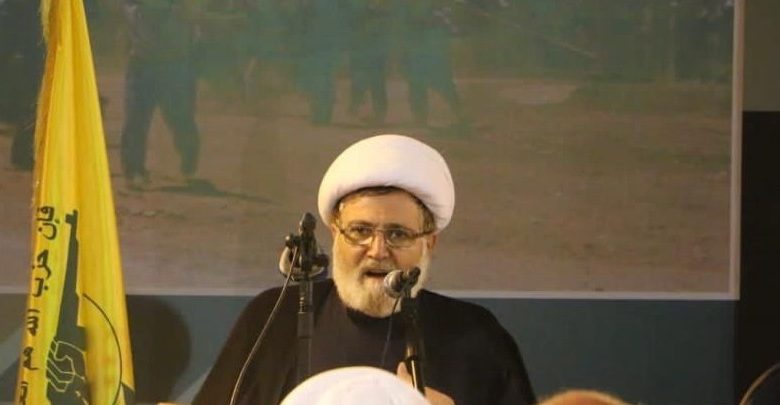
Sheikh Hasan Al-Baghdadi, a member of the Hezbollah Central Council, has asserted that the interactions with both American and Israeli entities underscore a unified agenda between the two. He claimed that their mutual objective is to exploit regional resources, exert control over the area, and initiate a reconfigured geopolitical framework in the Middle East.
Statements from Netanyahu, along with certain actions by the United States and Western nations, have underscored their stance on Gaza. By deploying naval fleets to blockade the region and hinder aid, issuing threats, and allegedly inciting against Lebanon’s Islamic Resistance through diplomatic channels, these countries appear complicit in the conflict’s perpetuation. Over a year of hostilities against Gaza and Lebanon suggests American involvement in orchestrating and funding the ongoing war, with little inclination towards seeking a resolution.
His Eminence asserted that the recent events unfolded due to a significant disparity in capabilities between Hezbollah and the Palestinian resistance, which inevitably placed the temporary state in a precarious position. Consequently, the United States and other nations have reportedly exerted considerable pressure on Prime Minister Netanyahu’s administration to halt the ongoing conflict. This intervention is attributed to a growing concern for Israeli safety and their apprehension about the Israeli military’s ability to secure a decisive victory, rather than a concern for Lebanon, where the devastation and loss of life have primarily resulted from American-manufactured missiles.
Al-Baghdadi declared that Israel was facing significant and unforeseen losses across multiple sectors, including security and the economy. He emphasized that the military establishment, in particular, was nearing a state of collapse.
“This perspective emerges from the stance of Western nations, the exertion of American influence, the resistance from Israeli authorities, local leaders in Zionist settlements, and certain factions within Lebanon who, akin to their allies, believed that Hezbollah was weakened following recent security operations. However, they fail to recognize that Hezbollah operates as an ideological entity, independent of the status of its individual members.”
In the immediate aftermath of a newly established ceasefire with Israeli forces on Wednesday, residents of Lebanon began to make their way back to their homes in the Bekaa region, southern Lebanon, and Dahiyeh, the southern suburb of Beirut. This return comes despite warnings from Israel, as many individuals are determined to reclaim their lives in the southern villages.
